Digital Humanities Summer Fellowships
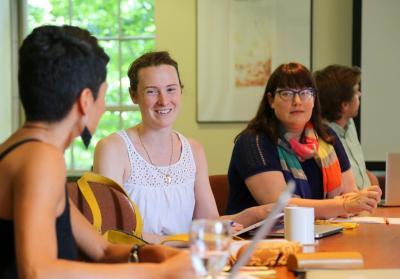
The Simpson Center offers annual summer fellowships for faculty and graduate students to pursue research projects that use digital technologies in innovative and intensive ways and/or explore the historical, social, aesthetic, and cross-cultural implications of digital cultures. The program has three primary goals:
- To animate knowledge—using rich media, dynamic databases, and visualization tools
- To circulate knowledge—among diverse publics
- To understand digital culture—historically, theoretically, aesthetically, and generatively
The Simpson Center gratefully acknowledges the support of a National Endowment for the Humanities Challenge Grant and the Andrew W. Mellon Foundation as well as many donors to the endowment which is underwriting these fellowships.
2025 - 2026 Digital Humanities Summer Fellows
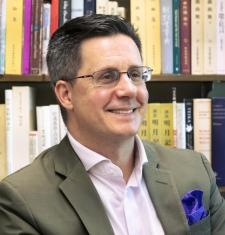
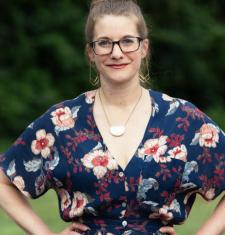
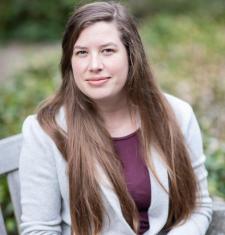
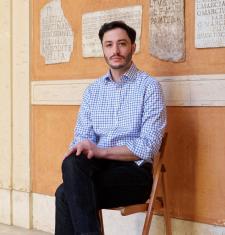
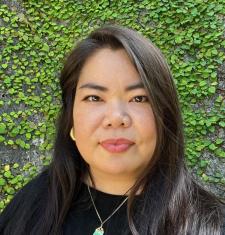
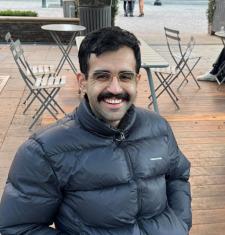
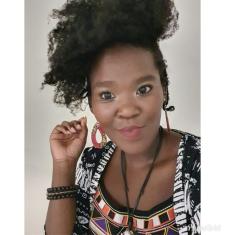
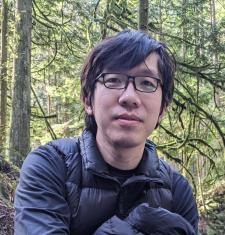
2018 - 2019 Digital Humanities Summer Fellow
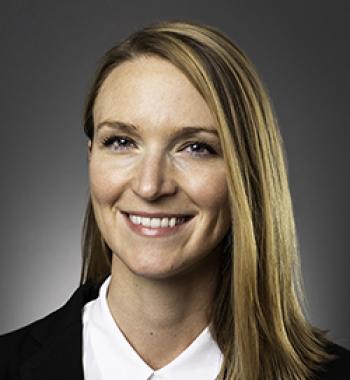
Kristin Dew (she/her/hers)
Beyond Biomimesis: Refiguring Fabrication Naturecultures Through Digital Craft Exercises
As a scholar of digital craft and fabrication, I aim to bring craft and ethnographic knowledges into conversation with engineering discourses to explore the possibilities for making fabrication practices more collectively survivable. With funding I will set up a series of free online digital craft exercises that can demonstrate salient aspects of my contributions in practice.